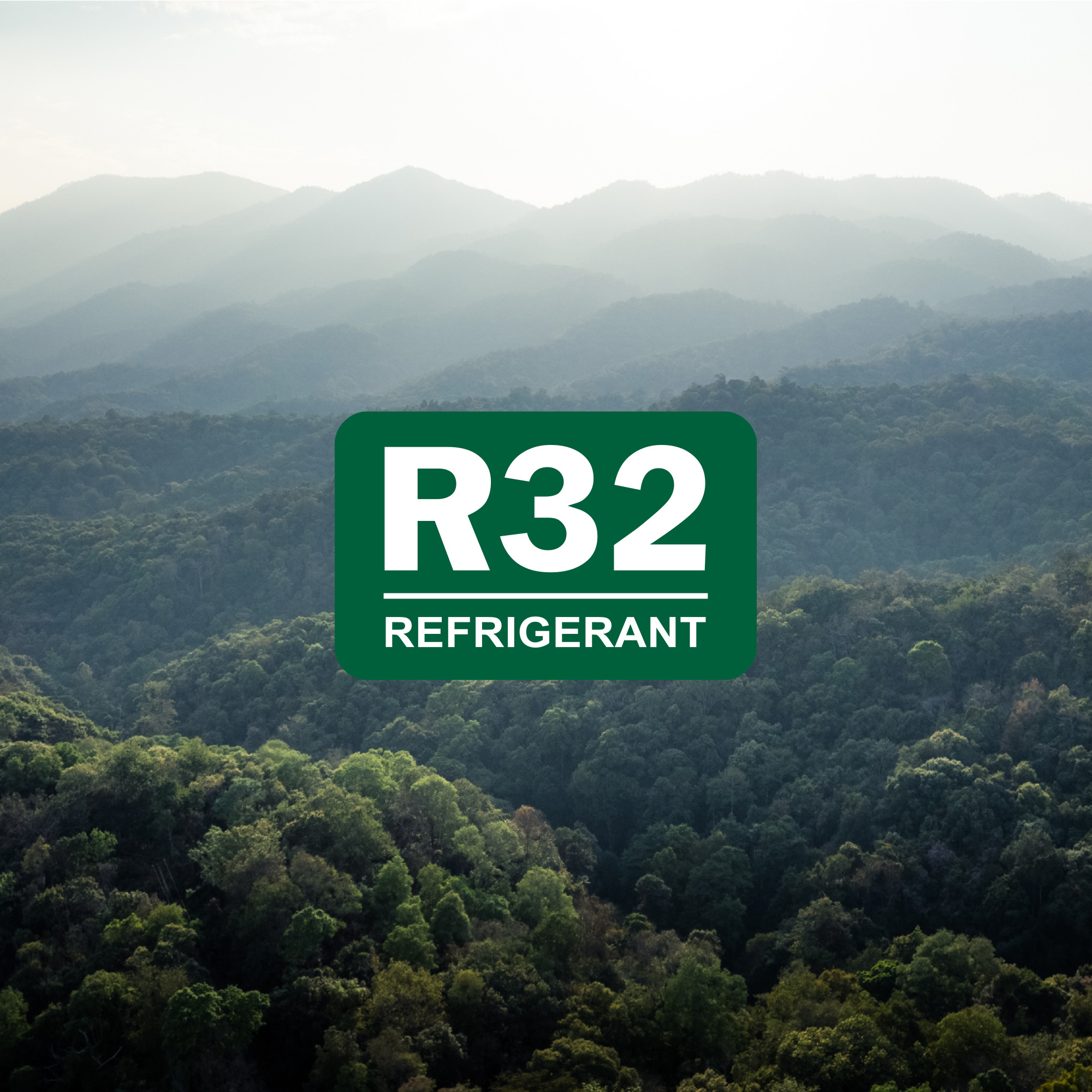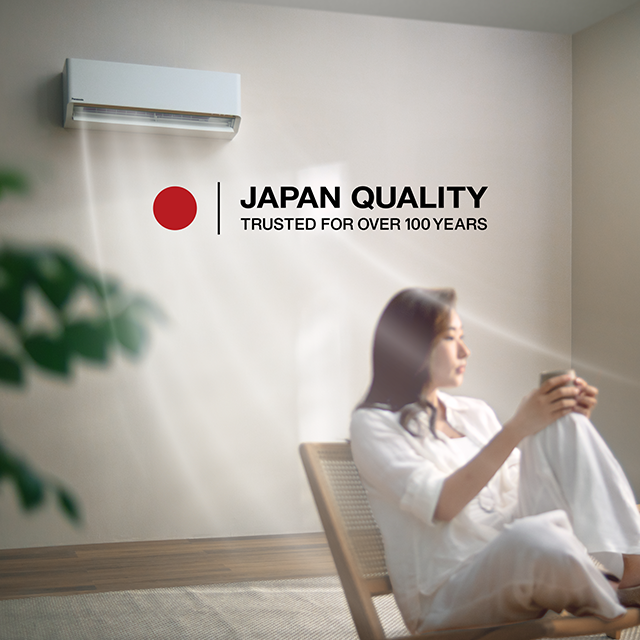
How does air quality affect the happiness of your hotel staff?
Hotels are facing more challenges than ever before.
From higher guest expectations around hygiene to increased demands for daily sanitisation and cleaning, as well as a strained international employment and tourism market, the Covid-19 pandemic has put already stretched staff teams under yet more pressure.
At the same time, businesses’ income has suffered significantly, with average luxury hotel occupancy in the US falling from 68% to 21%* during the peak of the pandemic.
Whilst clearly many of these issues are recent, other vulnerabilities have simply been laid bare – and that particularly applies to staffing.

Keeping hold of quality hotel staff is even trickier than usual
Luxury hotels have long relied on a global workforce. A typical business might bring in 80%** or more of its employees from abroad, primarily to fill dining and front-of-house roles. So, it’s no surprise that the succession of travel restrictions and lockdowns that have reverberated around the world during the pandemic has decimated the supply of talented and able staff in the luxury hospitality sector.
At one point in Australia for example, 60,000 hospitality vacancies*** were being advertised simultaneously. As one manager puts it, “We have a major labour shortage across the country.” In the UK, almost 200,000 hospitality jobs lie vacant****, with a quarter of hospitality businesses forced to either close completely or reduce their operating hours due to a shortage of staff.
Clearly, keeping hold of high-quality staff is harder than ever. With so few people available for so many jobs, the best workers are able to pick and choose their employer, based on remuneration, conditions, and environment.

From sanitising to guest care, staff are under more strain than ever before
The extra demands of the Covid-19 pandemic are clear to see.
Staff are required to sanitise hotel rooms and guest areas far more frequently and to deal with complaints from anxious guests concerned about their health and wellbeing. They also need to comply with rules related to distancing and face coverings that make their work more uncomfortable – not to mention the health risks they are forced to expose themselves to both at work and during their commute.
One hotel manager in the UK that we spoke to even shared that luxury guests often demand that staff remove their masks to create a more visually comfortable environment, which, naturally, can put increased anxiety and emotional strain on your employees.
In addition, luxury hotels build their reputations on a high number of guest touchpoints. Whether it’s carrying a guest’s bags to their room, or always having a staff member on hand in every part of the hotel, it’s essential that guests feel cared for at every stage of their stay. However, these touchpoints put employees at increased risk of infection and significantly increase the demands on workers when they need to cover for absent colleagues.
A poor-quality environment is making life even harder for your employees

When staff do have time to switch off and take a break, the areas in which they can do so tend to provide little comfort. In most hotels, staff rooms are allocated to small, artificially lit areas of the building, often in a basement or undesirable interior space. With infection thriving in closed, unventilated, and overpopulated spaces, these factors contribute to higher health risks, as well as an increased chance of unpleasant odours negatively affecting your staff’s comfort levels – whether these come from drainage pipes, carpets, staff food, or elsewhere.
It really is no surprise that burnout rates are high, and, in a short-staffed environment, unhappy employees are quick to look elsewhere – especially when their labour is in such high demand.
Tip – Space matters
Where possible, consider allocating more space to your staff areas. Since the pandemic, small and cramped spaces are no longer good enough. And without proper rest time, it’s no surprise that staff are more susceptible to illness, burnout, and ultimately leaving your hotel.
The World Health Organisation (WHO) identified increased transmission risk where any of the ‘Three Cs’ are present – that is to say, in crowded places, close-contact settings, and confined and enclosed spaces. In hotel staff rooms, you’re likely to find all three of these.
The guidance focuses on increasing ventilation, distancing, and masking – but there’s no better solution than increasing the availability of space for your staff.
Have you thought about your air quality?
The quality of your air might not be one of the first areas you think of when you consider your hotel environment. But it’s one of the most important.
The air around us not only contains millions of dust and dirt particles and allergens, but also invisible viruses, bacteria and harmful PM 2.5 substances such as benzoic acid and hexadecane. These can attach to curtains, carpets and fabrics, and pose a significant health risk to your hotel staff and guests.
Unsurprisingly, air quality is a much bigger consideration than it once was, and no longer simply relates to temperature control and humidity. Most air-conditioning units are simply not equipped to deal with airborne viruses and bacteria, to the point that numerous experts and governments advised against their use during the height of the COVID-19 pandemic.
The solution? Air conditioning with integrated purification.
Tip – Improve your air quality and climate control
Clearly, the quality of your air and environment contributes significantly to your staff’s health, comfort and happiness levels.
Air-conditioning units have long been the norm for any modern luxury hotel to maintain a comfortable temperature and humidity level. It’s important to ensure these don’t dry out the air to the point of discomfort, and that you consider installing these in staff – as well as public and guest – areas.
At the same time, customers and staff alike are increasingly aware of the quality of the air they breathe – including from an air-conditioning unit. With the pandemic stimulating renewed focus on the airborne transmission of viruses, it’s no surprise that attitudes have changed quickly.
So it’s no surprise to see hotel operators increasingly turning to combined air purification and conditioning systems that improve your environment and reduce the health risks of viruses, bacteria, and mould.
Introducing nanoe™ X technology: quality air, and a more comfortable environment
Air purification technology such as nanoe™ X can be integrated into air-conditioning units, substantially reducing the risks posed by airborne viruses, bacteria, mould and hazardous substances contained in fine particulate matter (PM 2.5).
Operating invisibly in the air, nanoe™ X is also particularly effective against the smell of cigarette smoke – which can often become trapped in curtains and carpets. It makes it easy to provide 24-hour deodorisation that ensures staff and guests are always greeted by a fresh, comfortable environment.
>>Learn more about nanoe™ X solution
Airborne viruses
bacteriophageΦχ174*

* Airborne viruses (bacteriophageΦχ174). Testing organisation: Kitasato Research Center for Environmental Science. Testing method: The number of viruses was measured after direct exposure in an approximately 25 m3-sized airtight test chamber. Inhibition method: nanoe™ released. Target substance: Airborne viruses. Test result: Inhibited by at least 99.7% in 6 hours. (24_0300_1)
Adhered viruses
Influenza virus H1N1 subtype*

* Adhered virus (Influenza virus H1N1 subtype). Testing organisation: Kitasato Research Center for Environmental Science. Testing method: Measured the number of viruses adhered to a cloth in an approximately 1 m3-sized airtight test chamber. Inhibition method: nanoe™ released. Target substance: Adhered viruses. Test result: Inhibited by at least 99.9% in 2 hours. (21_0084_1)
Built into your air-conditioning unit, it’s simple to use without taking up any extra space or staff time. They can simply enjoy quality air without needing to take any additional cleaning measures.
Buying air-conditioning units with nanoe™ X is also an economical and energy-efficient solution. Not only do you avoid the need to purchase two separate devices – one for air conditioning and one for purification – but Panasonic’s technology is also highly energy efficient, saving you money and helping to protect our planet.
A better environment means happier staff – and air quality is key
Clearly, improving your staff’s working environment is key to becoming a more attractive employer and fending off your competition in a difficult hiring market. You can’t afford to be left behind, so providing a cleaner, healthier, and more comfortable workplace for your staff is crucial for reducing turnover and making sure you have the employees you need to continue to provide the luxury experience that your guests expect.
By cleaning the air, reducing the health risks of airborne viral transmission, and cracking down on off-putting odours, this is where nanoe™ X can help.
[Note:]
*Statistic taken from the US Travel Association’s Monthly Travel Data Report, March 3rd 2022
**Statistic taken from interviews carried out by Panasonic with hotel operators, 2022
***Statistic taken from interviews carried out by Panasonic with hotel operators, 2022
****Statistic taken from The Independent newspaper business pages, November 16th 2021
Related Products












